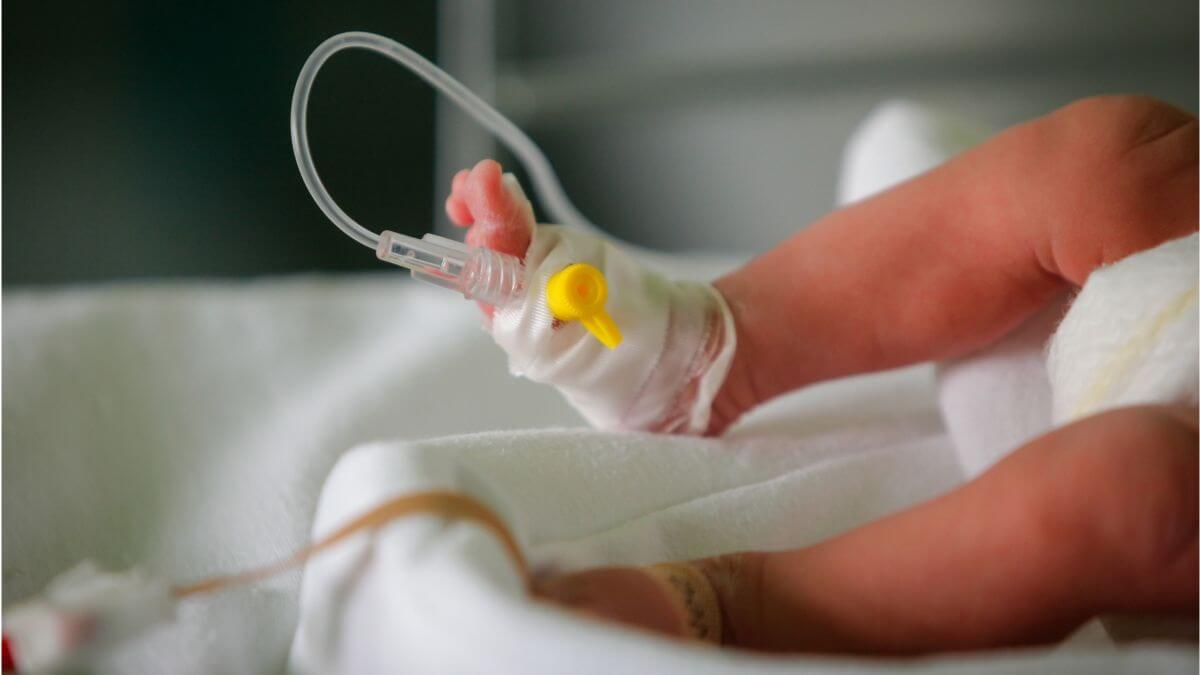James Evans
On the 6th of February this year, the Department of Health and Social Care admitted that an unborn baby aged 20-24 weeks gestation receives painkillers prior to surgery in the womb to treat spina bifida.
In a parliamentary question, Sir Edward Leigh MP asked the obvious follow-up question: will it be made “policy to provide pain relief to unborn babies of a similar age undergoing a termination”. The answer from the Department of Health? No.
Picking up on the contradiction, Fiona Bruce MP asked why there was this variance in clinical practice. Why did babies at 20-26 weeks undergoing spinal surgery receive painkillers, but babies at the same age undergoing termination receive no painkillers? The answer from the Department of Health? Not our job; no.
So whose job is it? Ms Bruce asked. The answer from the Department of Health? It may as well have been white noise.
In the meantime, while the Department of Health avoids it’s responsibilities, around ten mothers a day continue to proceed with a very late term abortion under the assurance that their baby will feel no pain and so does not need painkiller. Yet in the same hospitals, mothers with babies of the same age are assured that their baby will feel no pain because a painkiller will be administered.
This political avoidance has been happening since the late 1980s when the then MP, David Alton, raised the issue in parliament. It was only following the inquiry into foetal sentience that the RCOG formed a working party who published their paper in 1997. They recommended that consultants should consider the need the use of painkillers only for diagnostic or therapeutic procedures on foetuses in utero. Since then, in 2018 alone, 3602 women underwent an abortion at 20 weeks or later without the use of foetal painkiller; many of these will be following the diagnosis of a disability.
Many of these late term abortions will have been a D&E procedure in which, according to RCOG, the ‘fetus is removed in fragments’. In third trimester abortions, babies receive an injection of potassium chloride to effectively induce a heart attack – it can take minutes to several hours to work according to abortion provider BPAS.
Why is there this discrepancy? Why do we provide painkillers for an infant about to undergo spinal surgery in the womb but do not do the same for an infant about to lose his/her life through abortion? Perhaps it is because over time many Obstetrician and Gynaecologist consultants who conscientiously object to abortion have migrated to other medical fields, resulting in a group of polarised mindset without dissenters.
Or, most obviously, perhaps it is because to provide painkillers to a child that is about to have his or her life ended would bring home the reality of what’s going on. It would have a deeply humanising effect on the unborn child, and this is something that abortion supporters are keen to avoid. It would be to acknowledge that there is another human being here who is hurt by abortion. And to admit this might help cause the whole abortion edifice to collapse.
(Photo credit Adobe Stock:MoiraM)

